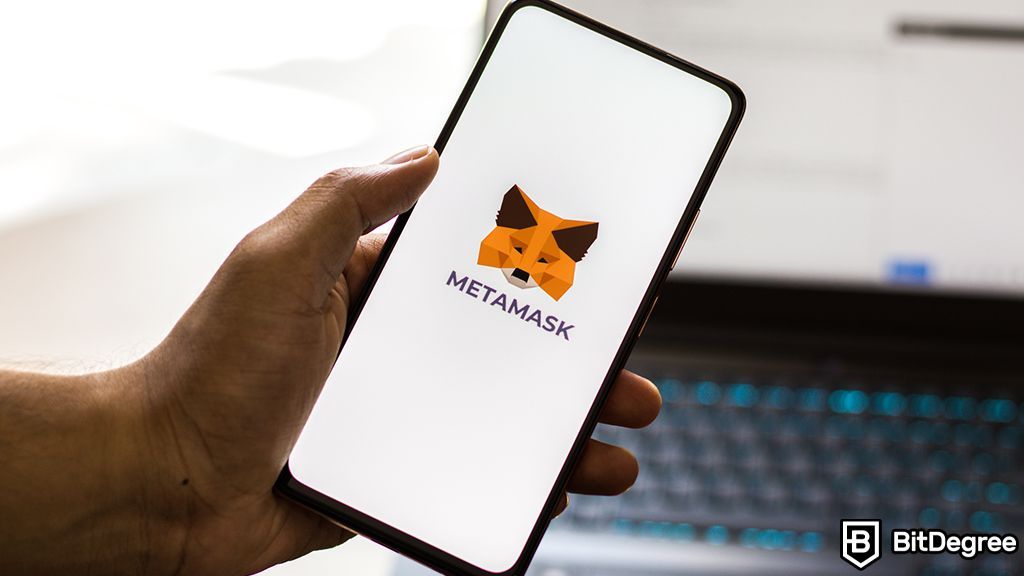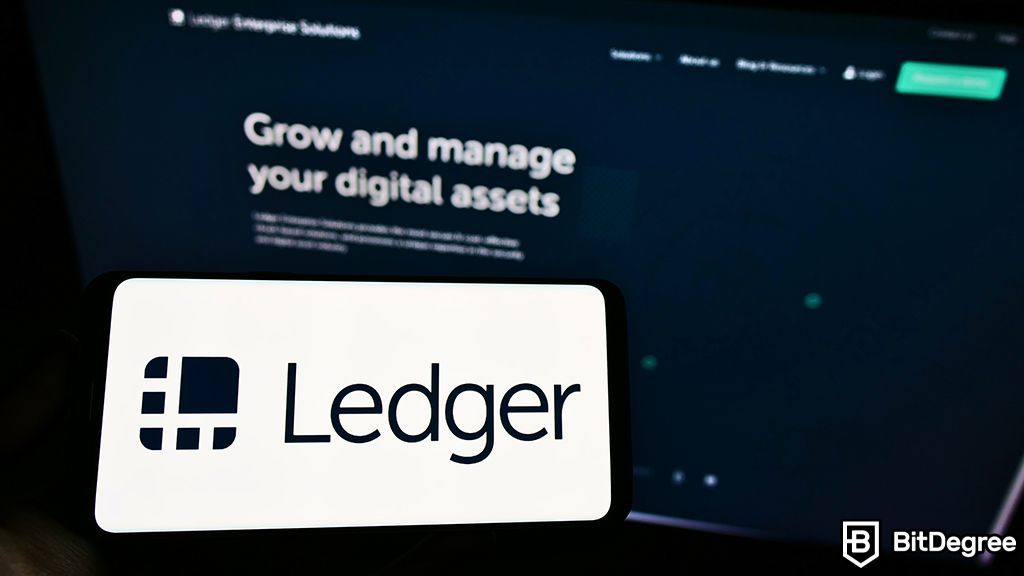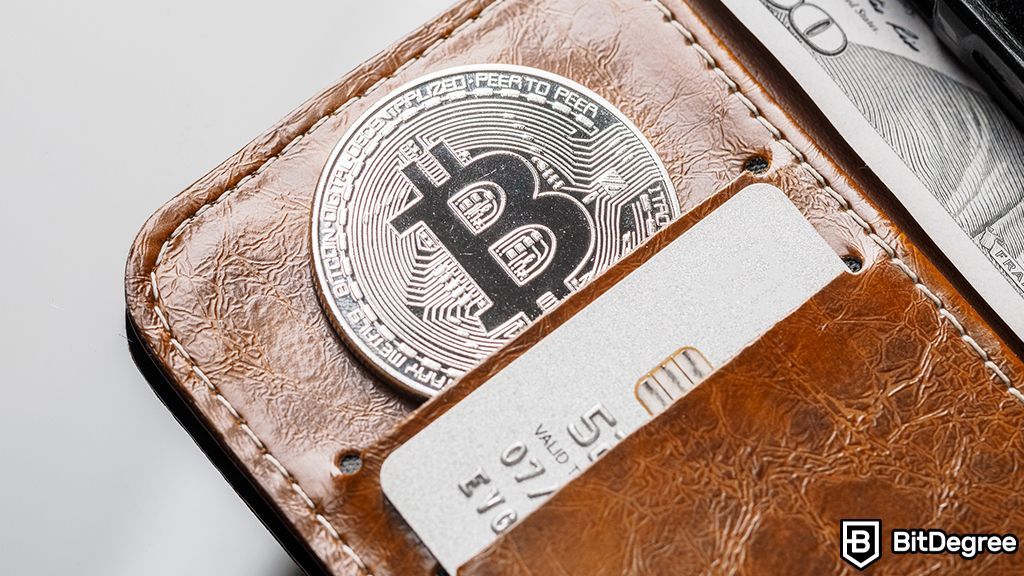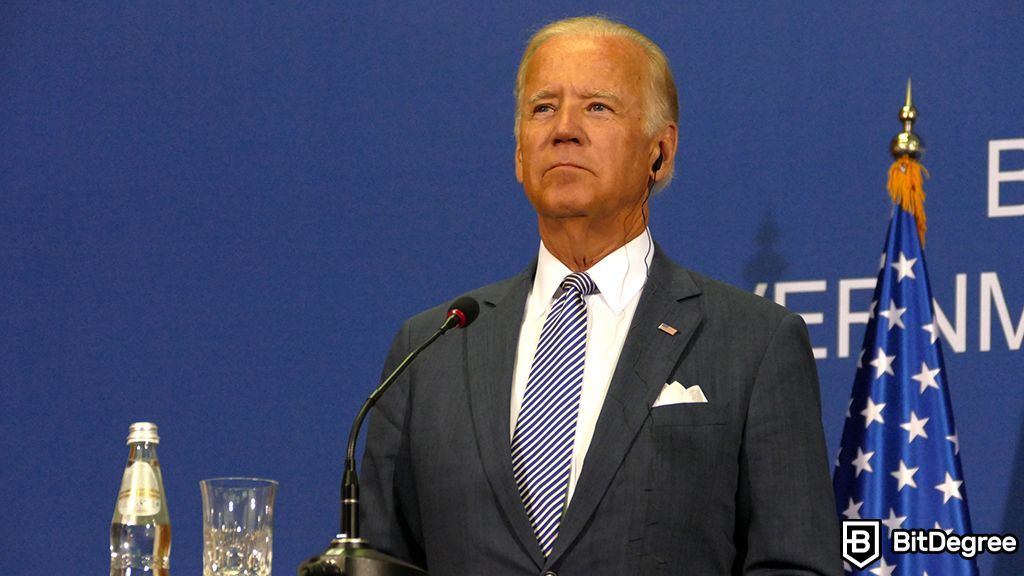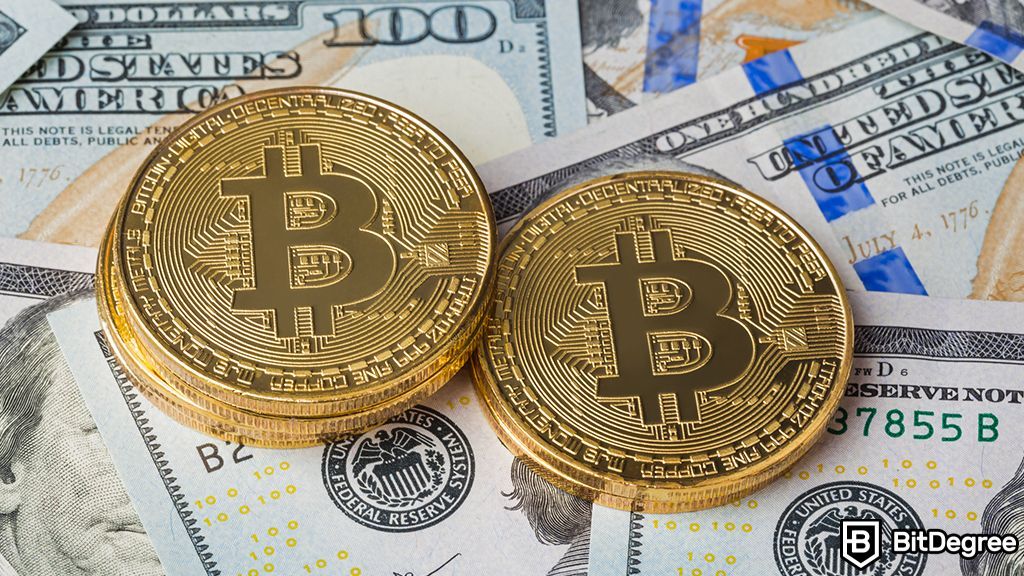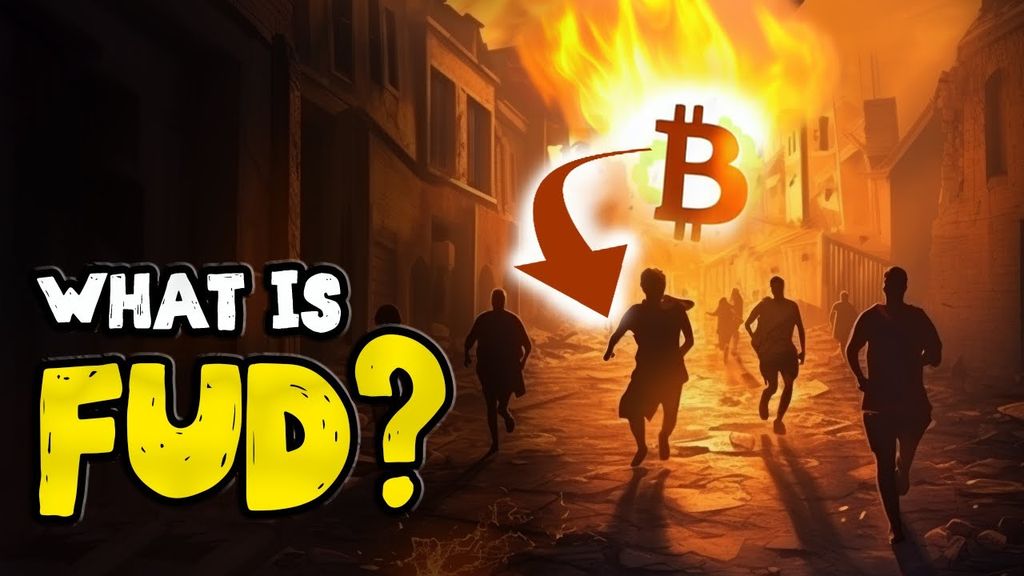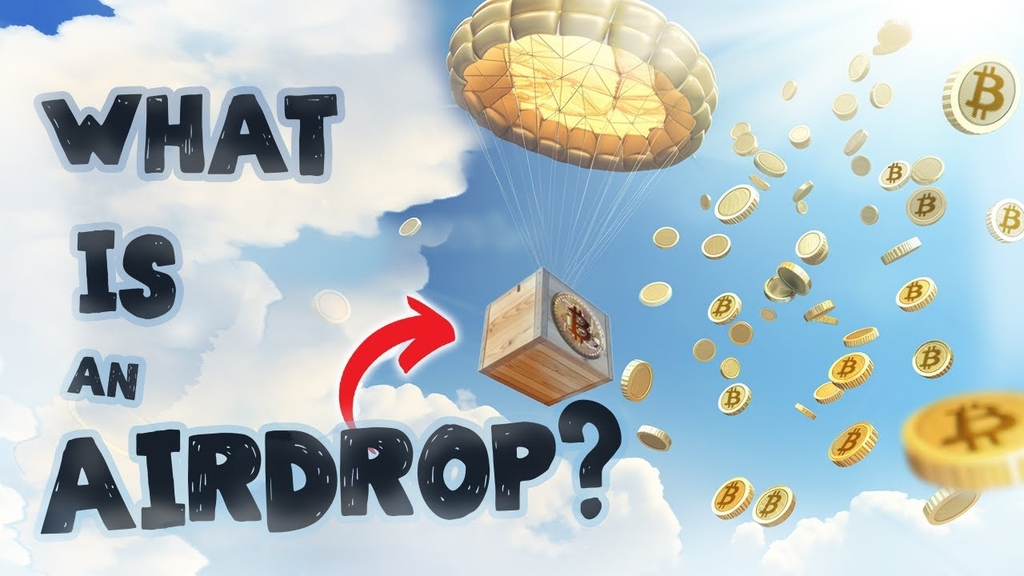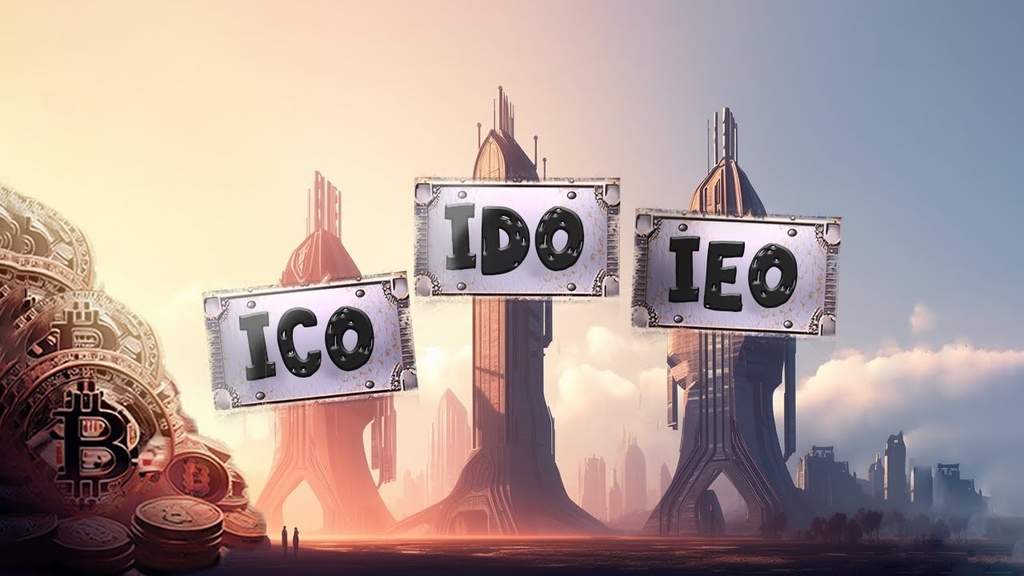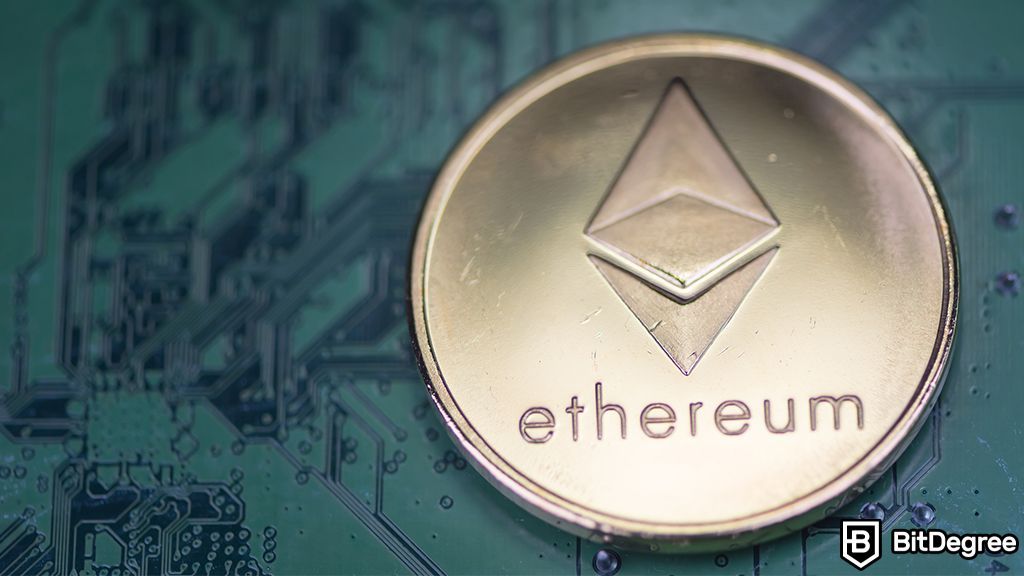A software researcher reportedly saw a noncustodial crypto and NFT wallet embedded in Microsoft Edge Browser. Is the tech giant quietly building a new Web3 wallet?
On March 17th, Albacore, a software researcher and often an information leaker, shared a Twitter thread including screenshots allegedly showing Microsoft’s Web3 user interface.
One of the images includes an introductory page to the Web3 wallet with Microsoft asking users to try out the wallet and give feedback.

Did you know?
Want to get smarter & wealthier with crypto?
Subscribe - We publish new crypto explainer videos every week!
What is Curve Finance in Crypto? (Animated Explanation)


In its Twitter thread, software researcher Albacore stated:
Newest in the gauntlet of questionable upcoming Microsoft Edge features, a crypto wallet. Not really sure how to feel about this kind of thing being baked into the default browser.
According to the leaked images, the wallet will support swapping, sending, and buying cryptocurrencies. For purchasing and depositing crypto, Microsoft wallet is set to support cryptocurrency exchange Coinbase and Web3 infrastructure MoonPay.
The wallet will also allow users to browse, buy, and organize non-fungible tokens (NFTs) across multiple NFT marketplaces. The screenshot of a page related to NFTs reads:
Browse different marketplaces to find your first NFT, as you build your collection of NFTs, we’ll organize them here.
One of the screenshots also shows that users will be able to add custom tokens to their wallets.
The wallet is reportedly non-custodial, which means Microsoft will not have access to the passwords and recovery keys of the wallet users.
Microsoft has not made any public announcement on this supposed wallet project.
If this report is confirmed, Microsoft will join the list of other browsers that integrated cryptocurrency wallets. One of them is Opera, which currently supports multiple blockchain networks, including Bitcoin (BTC), Ronin, Solana and Polygon.
Open-source browser Brave also introduced a built-in wallet in November 2021, which supports ERC-20 tokens and ERC-721 tokens (NFTs).




